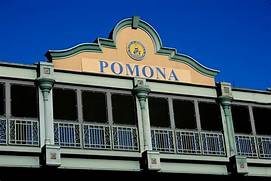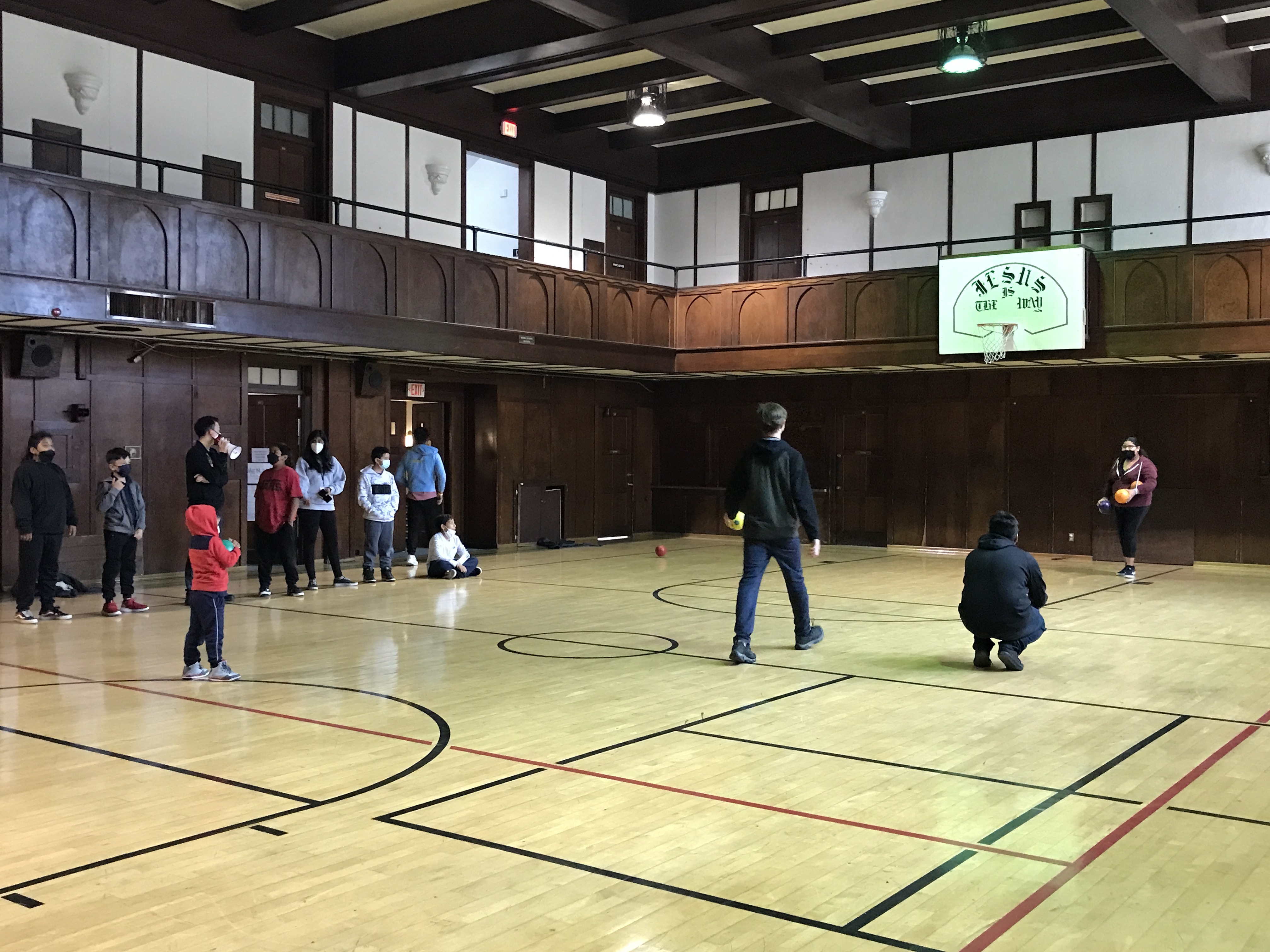 Our City
Our City
The largest city in eastern Los Angeles County, Pomona is home to a diverse population that struggles with poverty. According to the U.S. Census Bureau, Pomona’s per capita income in 2016 was $17,936, well below state ($33,389) and national ($31,128) averages. 21.5% of Pomona’s population lives below the poverty level, and 22% of the City’s children live in poverty. Pomona’s population is also highly diverse. Approximately 70 percent of the City’s population is Hispanic; 12 percent non-Hispanic White; 9 percent Asian; 7 percent African American. Over 1/3rd are foreign-born. This diversity is a great strength, but it also creates challenges. For example, nearly half of students in Pomona’s schools are classified as having limited English proficiency.
Pomona is a young city with nearly 1/3rd of its population under the age of 18. Many of its young people struggle in school, and many dropout. 38% of Pomona’s adults have less than a high school degree, and only 17% have college degrees. Meanwhile, the City has also long suffered from high crime rates. Violent crime is 30% higher than the national average.
Our Neighborhood
Neighborhoodscout.com characterizes the surrounding neighborhood of Pomona Hope as the City Center/Western U of Health Sciences neighborhood. Within our neighborhood, 88.3% of the real estate is occupied by renters. This is nearly the highest rate of renter occupancy of any neighborhood in America. Additionally, our neighborhood has a higher rate of childhood poverty than 94% of U.S. neighborhoods, with 55% of the children here below the federal poverty line.
These figures describe a City where many are trapped in the cycle of poverty and hopelessness. However, we choose to see Pomona as a place of opportunity, where the City’s diverse children, families, and neighborhoods can build a more hopeful future.
Pomona By The Numbers
Total Population 2021: 148,338
Economic Stress
- City of Pomona Unemployment Rate (2020): 59.5%
- Per capita income (2020): $22,040
- Residents in poverty (2020): 17.3%
- Residents with no health insurance coverage under 65 years (2020): 13.2%
Educational Hurdles
- Residents age 25+ with less than high school education (2020): 28.6%
- Residents who speak a language other than English at home (2020): 65%
For additional and updated data, please visit the United States Census website.
______________
Sources:

